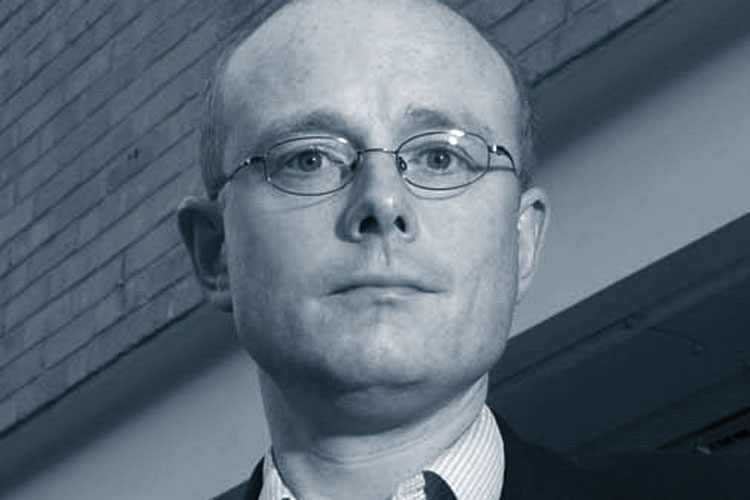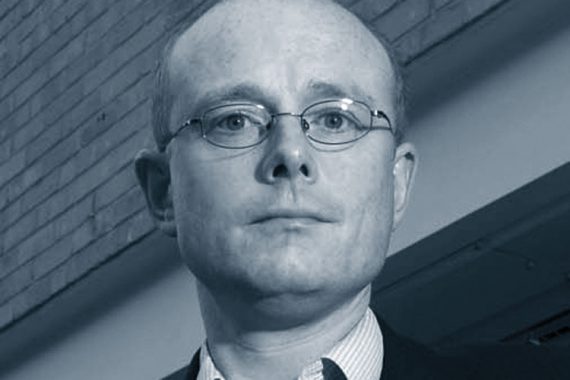
‘I could do with a large scotch. It looks like I got two for the price of one from the health service.’
Those were the first words my grandad said to me as he came to in ITU.
I was a third year medical student at the time and had just started my first clinical attachment with a vascular firm. When I learned one of the first operations we were due to see was an aortic aneurysm repair I had to look up the meaning of aneurysm in a medical dictionary. A couple of weeks later the phrase ‘AAA repair’ would take on a much greater personal significance for me.
My grandad had been in hospital having surgery on his foot for osteomyelitis and while recovering from surgery ruptured his aortic aneurysm. This happened late on a Friday afternoon, and by chance the hospital vascular surgeon was on site – who was also, by chance, the same surgeon that had already met my grandfather and was planning an elective aneurysm repair after his foot had been dealt with.
The surgeon had jokingly asked him not to sue the hospital
I got a phone call at home that same afternoon to say my grandad had ruptured his aneurysm and was currently having emergency surgery. By then I’d seen and assisted at an AAA repair and was fully aware of the grim outcome statistics for emergency rather than elective surgery.
I headed back to my home town with a heavy heart knowing the odds were hugely against him surviving and (in pre-mobile phone days) had no idea until I stepped into the hospital if he was dead or alive.
My grandad did survive and went on to make a slow but full recovery over the following weeks. He was left with a numb foot due to some accidental nerve damage during surgery and he told me the surgeon had jokingly asked him not to sue the hospital. I cannot think of anyone less likely to sue than my grandad.
His gratitude for the surgeon who had saved his life was immensely touching. The surgeon had not been on call that afternoon and had just happened to be on site when my grandfather’s aneurysm ruptured. Had he not, things would almost certainly have gone the other way.
I look back at this as an example of the health service working at its best. Two major medical problems dealt with successfully in the same patient within a few days of each other. A doctor working beyond the call of duty, a grateful patient and relatively minor complication which did not result in litigation.
This all happened nearly 25 years ago, how would the same scenario play out now?
Would the overworked surgeon already have knocked off or be tied up in some pointless management meeting?
Would ambulance chasing lawyers try to convince my grandfather to sue for his numb foot?
The health service works best when it sticks to what it does best; letting doctors do their job unhindered.
Dr David Turner is a GP in West London
Click here to read all the entries to Pulse’s annual writing competition ‘Turning Tables’
Pulse October survey
Take our July 2025 survey to potentially win £1.000 worth of tokens













